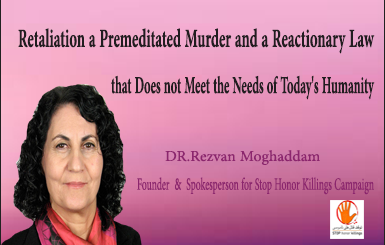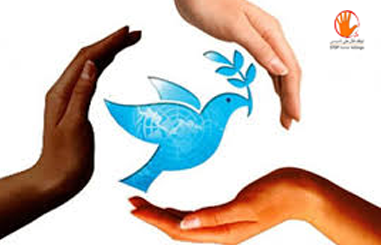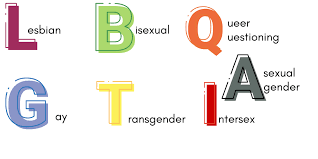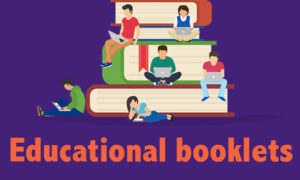Breaking silence on sexual harassment
Rezvan Moghaddam
In order to protect women and girls who live in the conflict zones around the world, the United Nations named 19 June as the International Day to Combat Sexual Violence in Conflict Zones. The UN General Assembly ratified the 1820 convention by 118 votes.
One of the reasons this issue attracted a lot of attention was its profound effects on the victims. It is important to note that the scope of sexual violence are varied and wide and they leave long term impacts on the victims. Therefore, it is vital to address all aspects of the issue, especially in relation to educating the public.
- Definition of Sexual Harassment
The term sexual harassment is wide and varied. It can be verbal, psychological, physical, verbal, harassment on public places, touching and even rape without consent, humiliation , shame or guilt.
In many advanced countries, sexual harassment is imbedded into the law and perpetrators are being punished accordingly. This doesn’t mean that the law is always on the side of the victim. For example, in Morocco which has the most advanced legal system to protect women among the African countries, the rapist is made to marry his victim. Such an arrangement leaves the woman in permanent psychological distress and hatred of the rapist.
- Sexual Harassment can happen to anyone at any age and status.
Children of both sex are among the most vulnerable victims of sexual assault. General Ahmadi Moghadam, commander of Iran’s Police force in 2012 reported 9,000 registered sexual assault, of which 60% were young boys, mainly under 15 years of age.
If we consider every sexual relationship without consent as rape, then child marriage, forced marriage and giving away a woman to the opposing tribe in murder cases in order to settle the dispute can be categorised as rape. Furthermore, children are likely to be violated at school by teachers or at home by male relatives which sometimes carries out through adulthood. This might happen at home, workplace, isolated places, wars and tribal and religious establishments. In wars, rape is used as a weapon to humiliate the warring parties.
- Psychological Symptoms of sexual assault
Victims of sexual assault are often prone to psychological traumas which in extreme cases results in suicide. Symptoms are often shown as lack of sleep, uncontrolled urinating at night, fear to sleep alone, or isolation, anger, depression, fear to be touched, fear to see men who might resemble their abuser, manifesting sexual behaviour unsuitable for their age, addiction to drugs, lack of interest in schooling and leaving it altogether.
Sexual assault leaves other symptoms in adult life. Not being able to have relations with others, lack of intimacy and sexual contact in marriage and finally divorce is an outcome of sexual abuse in childhood. Sometimes, the victim feels to take revenge by sexually abusing others.
Here is an example of such behaviour in adulthood. In 2012, a man, Mohammad Basijeh, known as Bijeh sexually abused 30 children in Varamin outside Tehran, and murdered them afterwards. At 11 years of age, Mohammad was himself sexually abused repeatedly by a close relative and under interrogation he explained that and said that he found calm and satisfaction first by torturing animals and then killing them. That didn’t satisfy him and after sometime he began abusing children and then killing them so the” wouldn’t suffer as he did.”
- Prevention or decreasing sexual abuse
Reasons for an abuser to be able to continue his crime are varied. The silence of the victim, out of fear or scolding by parents or guardians is one major element in the continuation of the abuse. The society must be made aware and taught not to cover the abuse and not to stay silent about this. Keeping a cup on the abuse would only lengthen the period and would benefit no one.
Since children are more prone to abuse, having a safe and loving environment at home would give them the courage to speak about unpleasant situations and experiences with their parents and seek help. Educating parents is an important step to childrearing. Parents must learn not to leave children unsupervised with people they don’t know much. Children’s behaviour and educating them as well as keeping an eye on their behaviour and establishing a healthy relationship with them are important factors in preventing or dealing with possible abuse. A healthy conversation with the children and telling them who can touch their private parts would possibly prevent any abuse in their lives.
The danger of abuse does exist in all societies. Part of the 2030 document is dedicated to “General Sex Education “. Unfortunately, the Islamic State has refused to ratify this important universal document , and therefore, not committing to education and prevention of abuse of children.



















